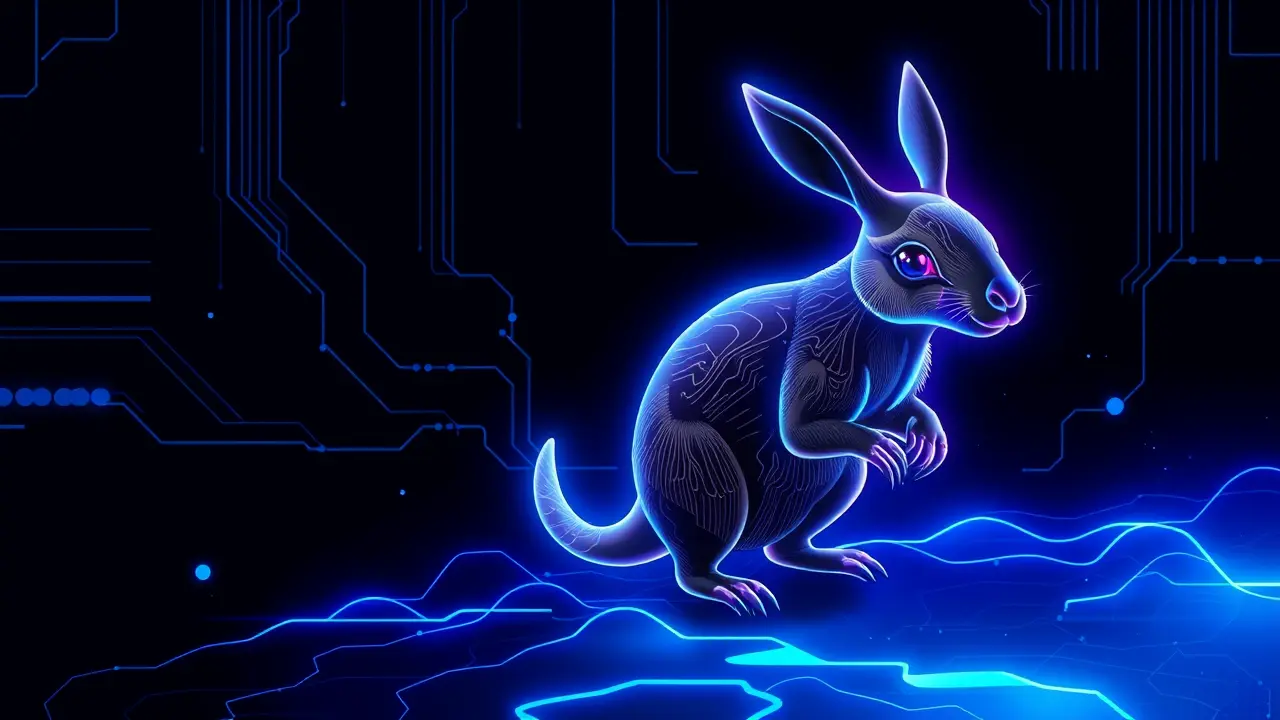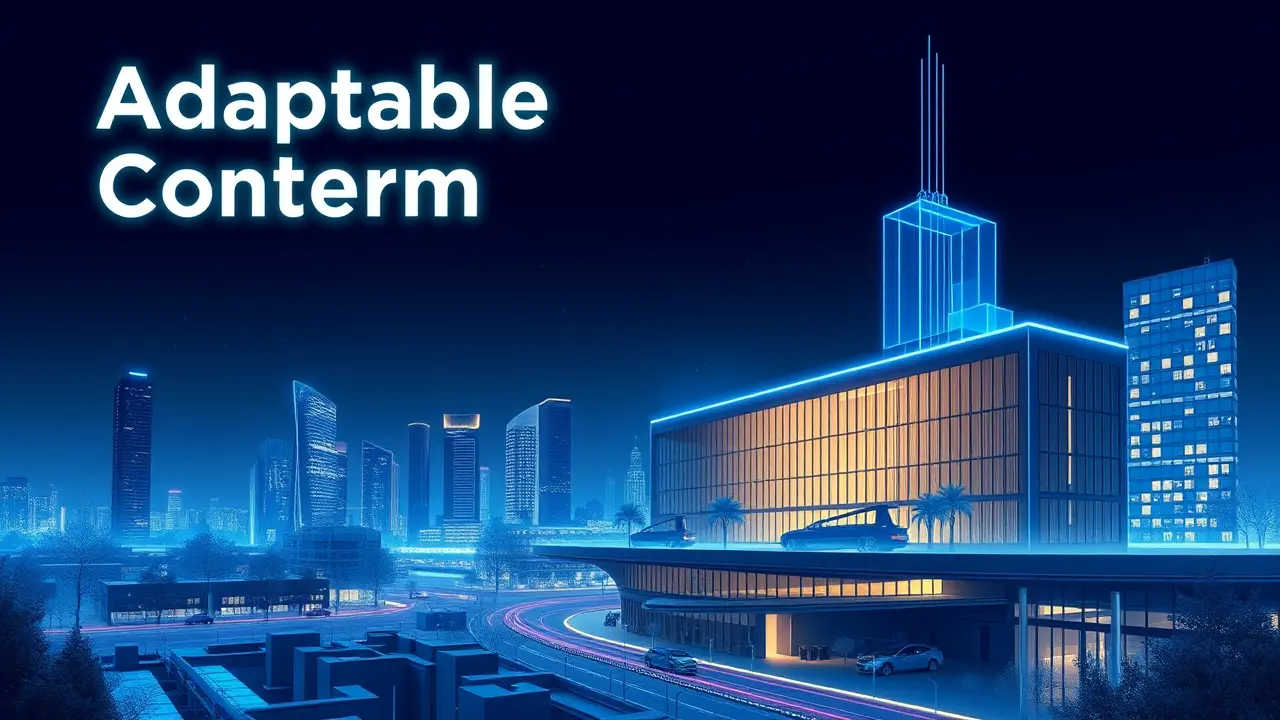
AIenterprise aiAI in Finance and Banking
OpenAI Launches Aardvark AI Agent for Automated Code Security
DA
Daniel Reed
8 hours ago7 min read1 comments
OpenAI has introduced Aardvark, a GPT-5-powered autonomous security researcher now available in private beta, marking a significant evolution in the application of large language models beyond mere text generation and into the realm of active, autonomous system defense. This agentic system is designed to emulate the nuanced workflow of a human security expert, conducting continuous, 24/7 code analysis, exploit validation, and automated patch generation through a sophisticated multi-stage pipeline.Unlike conventional static analysis tools or fuzzers that operate on predefined rules, Aardvark leverages the reasoning capabilities of an LLM to interpret code behavior semantically, building a threat model of an entire repository upon ingestion and then scanning each commit against this model to detect deviations that could represent vulnerabilities. Its process is remarkably comprehensive: it initiates with threat modeling to understand the software's security objectives, performs commit-level scanning to catch new issues as they are introduced, validates potential exploits in a sandboxed environment to drastically reduce false positives—a critical differentiator in a field plagued by alert fatigue—and finally, integrates with Codex to generate and propose patches via pull requests, creating a closed-loop system for remediation.Early benchmark testing on repositories seeded with known and synthetic vulnerabilities has demonstrated a remarkable 92% recall rate, and in real-world deployments on both internal codebases and select open-source projects, Aardvark has already uncovered ten critical vulnerabilities severe enough to be assigned CVE identifiers, proving its efficacy extends beyond theoretical exercises. This launch is not an isolated event but part of a clear strategic pivot by OpenAI towards specialized, agentic AI systems, joining the recently unveiled ChatGPT agent for computer control and the repurposed Codex agent for software engineering, signaling a move away from general-purpose models towards domain-specific actors that can operate semi-autonomously within complex environments.The implications for the cybersecurity landscape are profound; with over 40,000 CVEs reported in 2024 alone and OpenAI's own data suggesting 1. 2% of all code commits introduce bugs, the pressure on security teams is unsustainable, and a tool like Aardvark acts as a force multiplier, enabling smaller teams to focus on strategic threats while the agent handles the continuous, mundane scanning and initial triage.For AI engineers and data infrastructure teams, Aardvark's ability to surface subtle logic errors and incomplete fixes—flaws often missed by traditional scanners—within fast-moving CI/CD pipelines could be transformative, embedding security directly into the development lifecycle without impeding velocity. Philosophically, Aardvark represents a fascinating application of chain-of-thought reasoning to a dynamic, real-world problem space, paralleling the approach used in OpenAI's recently released oss-safeguard models for content safety, and raises compelling questions about the future of automated defense and the role of human expertise when an AI can not only find a bug but also validate its exploitability and write a fix.The pro bono scanning offered for non-commercial open-source projects further underscores a commitment to securing the software supply chain at its foundation, while the updated coordinated disclosure policy favors collaboration, reflecting a mature understanding of the ecosystem's needs. As Aardvark enters its private beta, requiring integration with GitHub Cloud and a commitment to feedback, it stands as a bold statement: the future of application security may not be a suite of disparate tools, but a persistent, context-aware AI partner that learns the architecture of your systems and defends them with the relentless consistency only automation can provide.
#OpenAI
#Aardvark
#GPT-5
#security agent
#code analysis
#automated patching
#vulnerability detection
#enterprise AI
#lead focus news
Stay Informed. Act Smarter.
Get weekly highlights, major headlines, and expert insights — then put your knowledge to work in our live prediction markets.
Related News
© 2025 Outpoll Service LTD. All rights reserved.














